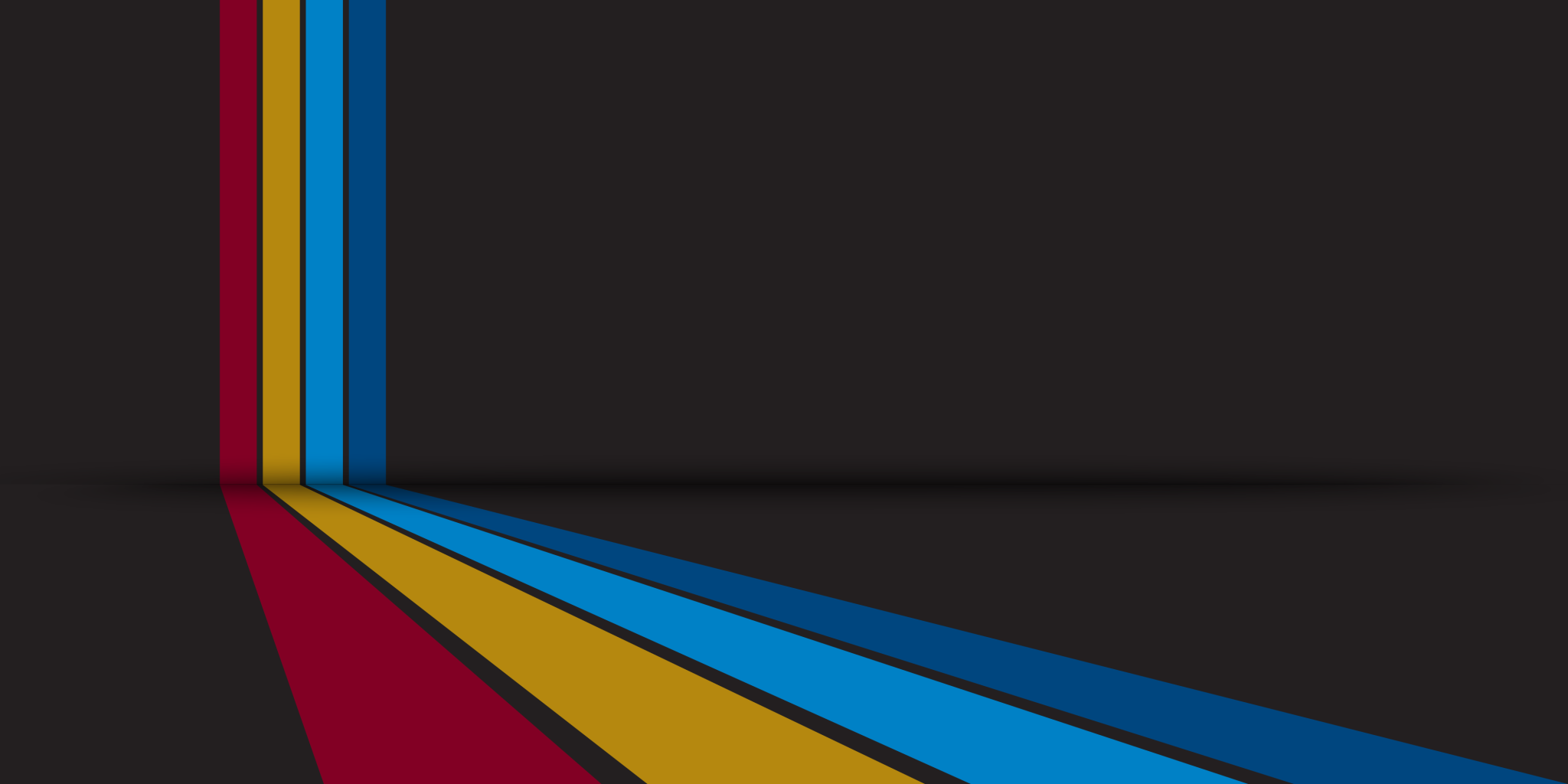
Is the Mandibular Block Passe?
Saturday, February 1, 2025
8:00 – 11:00 am
Course Code:
710SL
Room:
BCEC Room 206 B
Cost:
$135.00
Credits:
3
CE Hours
The traditional ‘mandibular nerve block’ has one of the lowest success rates of major nerve blocks administered in the human body. Is it still necessary for the doctor or hygienist to utilize this technique? Techniques, such as the Gow-Gates mandibular nerve block; Akinosi-Vazirani closed mouth mandibular nerve block; intraosseous anesthesia; and periodontal ligament injection (PDL) techniques have been developed in an effort to improve success in the mandible. The local anesthetic articaine HCl has been demonstrated to have significant success when administered by mandibular infiltration in adults, while more recently the ability to buffer local anesthetic solutions has demonstrated potential to both increase the rate of onset of anesthesia as well as increasing its depth. These techniques will be reviewed in this course. So, is the ‘mandibular block’ passe? Come hear for yourself!
Speakers
After this course attendees will be able to:
- Describe the traditional inferior alveolar nerve block
- List five alternative techniques for achieving mandibular anesthesia
- Understand the Gow-Gates mandibular nerve block technique
- Explain the technique and efficacy of local anesthetic buffering
- Determine the efficacy of using articaine by mandibular infiltration in the adult mandible

The Massachusetts Dental Society is an ADA CERP Recognized Provider
ADA CERP is a service of the American Dental Association to assist dental professionals in identifying quality providers of continuing dental education. ADA CERP does not approve or endorse individual courses or instructors, nor does it imply acceptance of credit hours by boards of dentistry. Concerns or complaints about a CE provider may be directed to the provider or to the Commission for Continuing Education Provider Recognition at
ADA.org/CERP